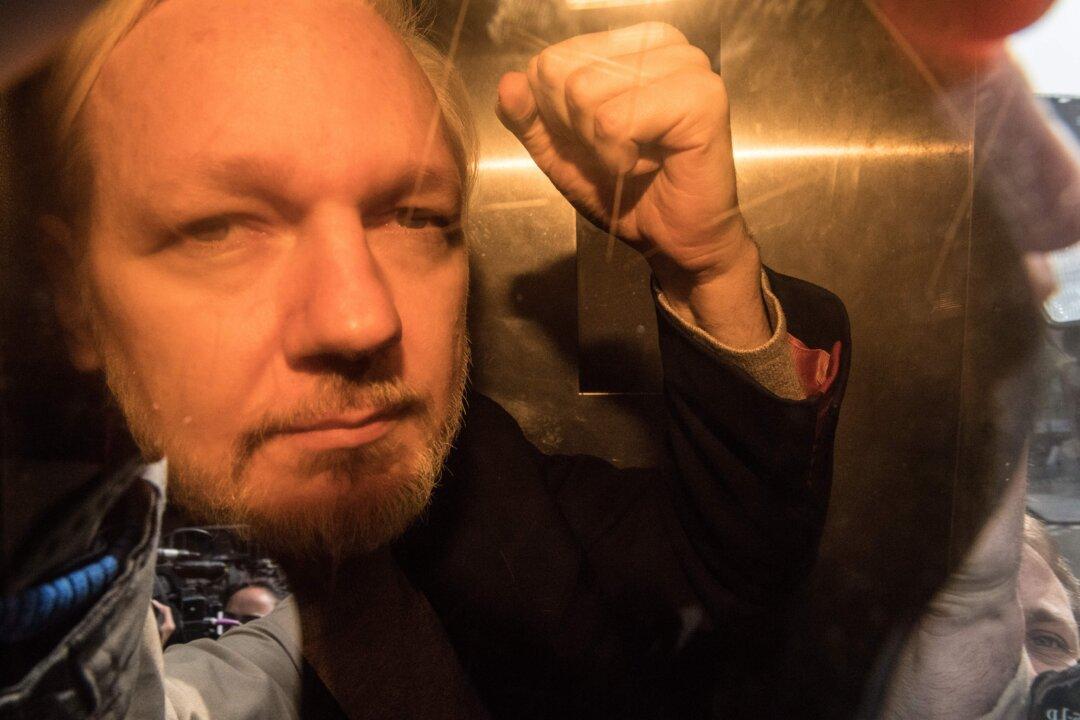Analysis
Julian Assange has been granted another reprieve after the High Court in London decided to seek assurances from U.S. prosecutors that he will not be charged with any offence if extradited, including treason.

Julian Assange has been granted another reprieve after the High Court in London decided to seek assurances from U.S. prosecutors that he will not be charged with any offence if extradited, including treason.